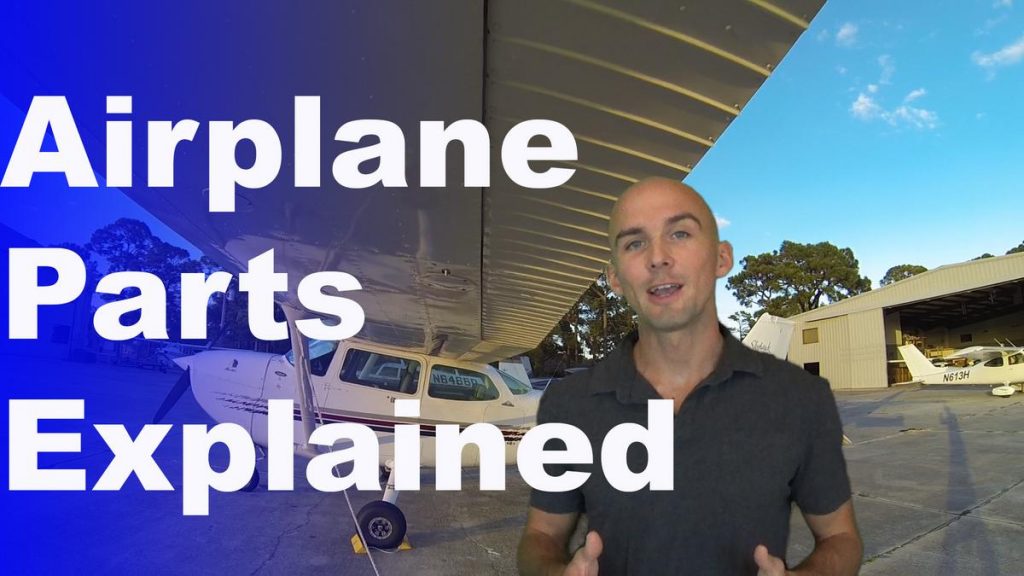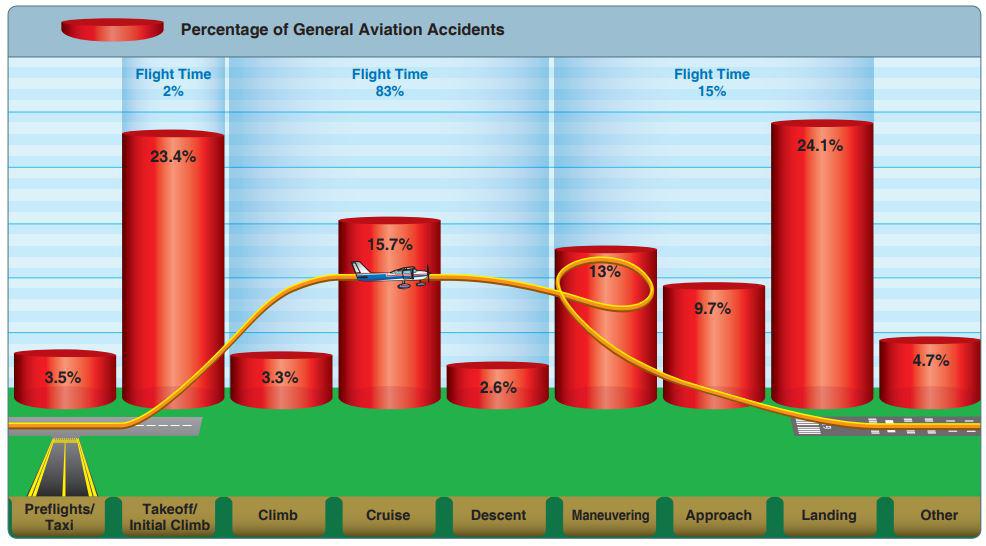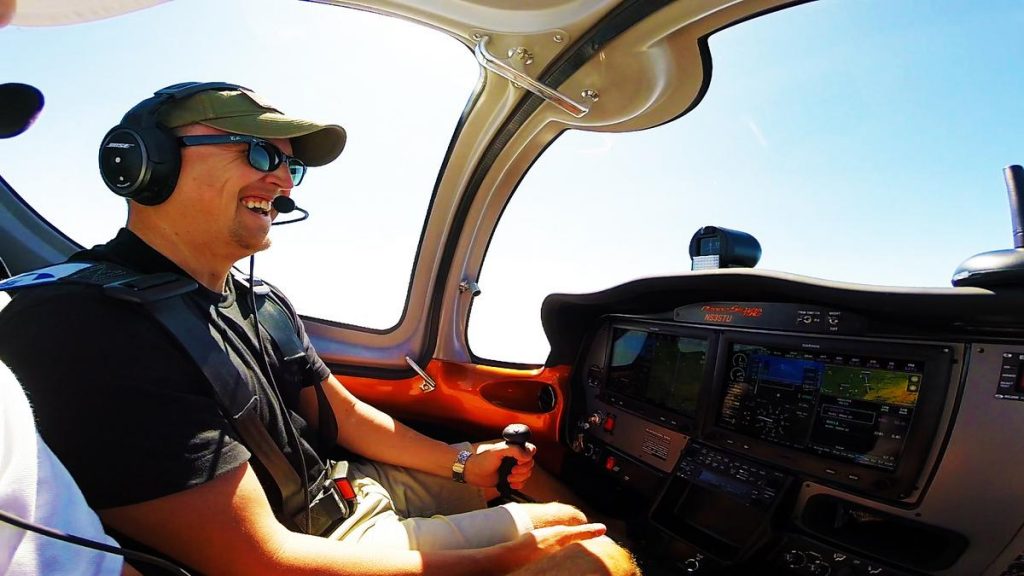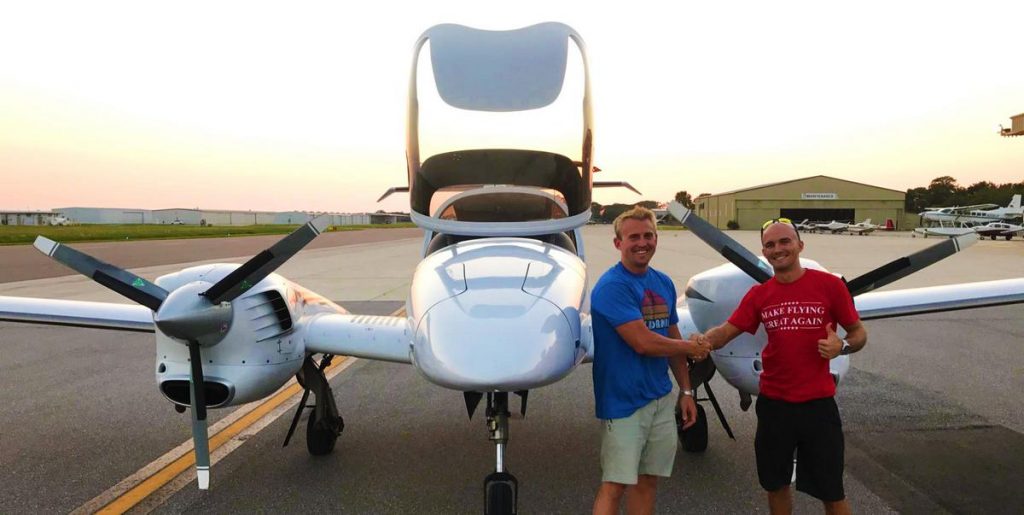Why Lesson 1 Matters

Private Pilot Lesson 1 Why it Matters
When I was a student I always asked WHY?! As a student there was so much JUNK I just didn’t care about because it seemed totally unimportant and a waste of my valuable time to study any of it. Now as an Instructor, I ask students to spend a lot of their time studying what I tell them to. With that in mind, I think it’s only fair I share with all of you why the LESSONS I’ve created are important for you to study, remember, and constantly review from time to time to keep fresh in your mind. Here’s why the TOPICS in LESSON 1 are relevant….. (stay tuned for more WHY’s on all of our LESSONS).
Basic Flight Controls
Understanding the basic flight controls and their function will make your first few flight lessons much easier and minimize much of the confusion of what the instructor is talking about. Although you are new to aviation and we have all these confusing fancy names for things, try to always use the proper name and pronunciation for the part of the airplane you are talking about to minimize confusion between you and your instructor (this saves time and $$$)!

Four Forces of Flight
It is important to begin to have a basic understanding of aerodynamics as you begin flight training and ultimately understand what it is that ACTUALLY makes the airplane go UP! Since the safest place for an airplane to be is up high away from the ground, it is essential that you master the knowledge of how to make the airplane get away from the ground. The four forces will also be talked about on your checkride and written exam. If the concepts of the four forces do not make sense, watch the video associated with the TOPIC again. If you still have questions, go ahead and post them in the FORUM TOPICS by clicking the tab at the top of the page!

Parts of The Plane
As a pilot you will be responsible for ensuring everything on your airplane is in working order before you go fly. You’ll need to know the exact names for parts and their functions if you are going to look up and troubleshoot problems, and communicate effectively with maintenance personnel. WORDS MATTER! Make sure you use the correct terms to discuss the airplane and its parts when working with maintenance or your flight instructor.


How to Preflight the Plane
Ensuring your aircraft is safe for flight is YOUR responsibility as a pilot and as a STUDENT PILOT. Your instructor will not always back you up on your preflight checks, ensure you are doing a thorough inspection prior to each flight if you value your safety!
What to Expect on Your First Flight
The more prepared for your first flight you are the more you will get out of it. Your first flight in an airplane can be a whirlwind experience trying to take in TONS of new information being thrown at all your senses. Take your time with this lesson and this course to be best prepared before you ever even step foot in an airplane.
How to do a Normal Takeoff
Performing a normal takeoff will become one of the most basic skills you have that much of the rest of your flight training will be built on (you can’t practice flying unless you takeoff!). The most important takeaway here is to LOOK OUTSIDE. You drive your car looking out the windshield, fly your airplane the same way. Nothing on the instrument panel on your car is worth staring at while driving down the highway, there is also nothing worth staring at inside the airplane while you are flying it. When looking at instruments and gauges inside the airplane, just take a quick glance, then look outside again.






Responses